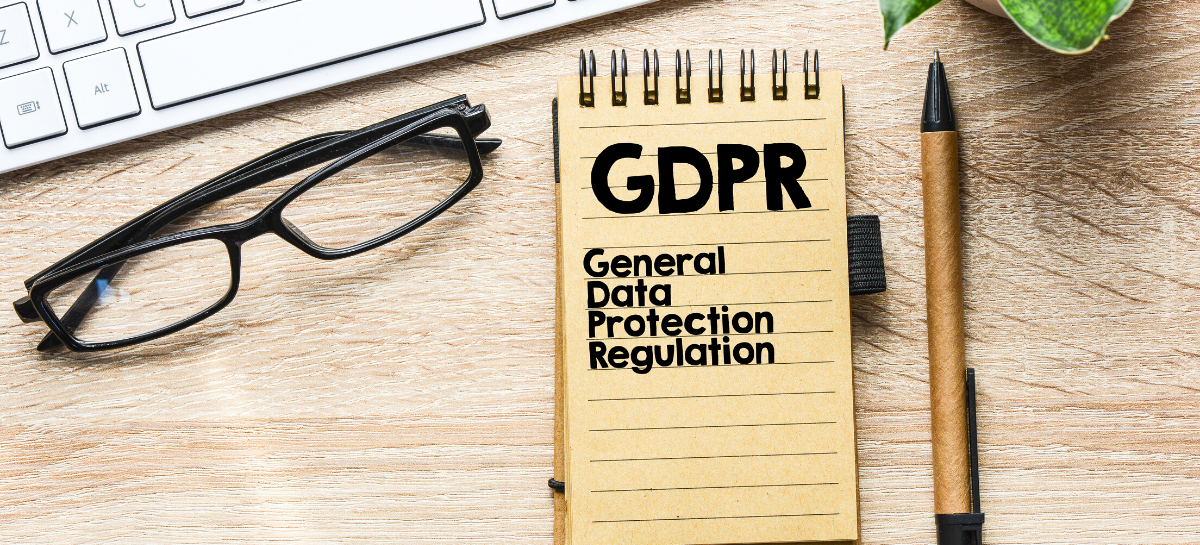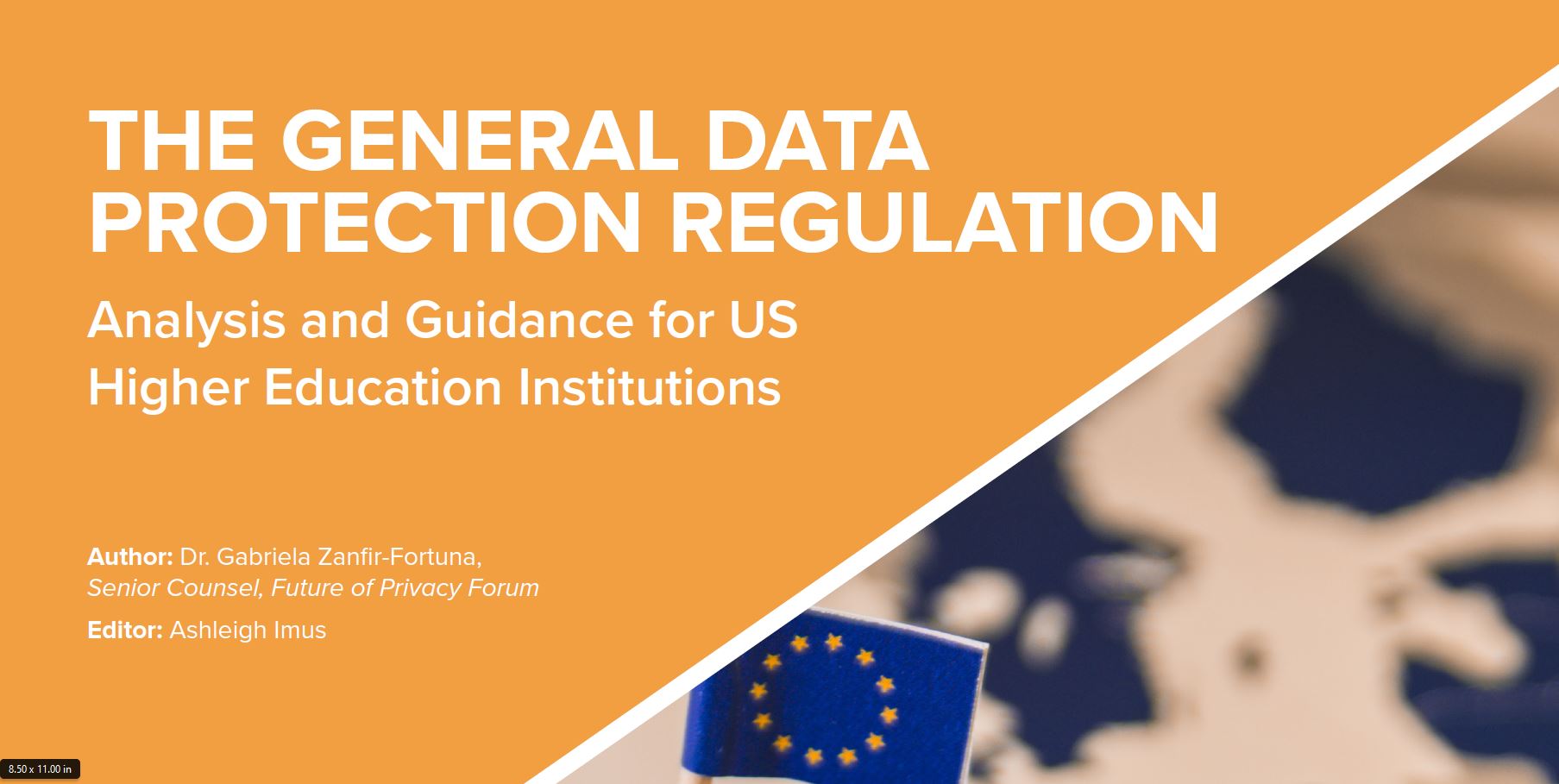Navigating Cross-Border Data Transfers in the Asia-Pacific region (APAC): Analyzing Legal Developments from 2021 to 2023
Today, the Future of Privacy Forum (FPF) published an Issue Brief comparatively analyzing cross-border data transfer provisions in new data protection laws in the Asia-Pacific. Titled Navigating Cross-Border Data Transfers in the Asia-Pacific region (APAC): Analyzing Legal Developments from 2021 to 2023, the Issue Brief outlines key developments in cross-border data transfers in the Asia-Pacific […]
New Report on Limits of “Consent” in South Korea’s Data Protection Law
Today, the Future of Privacy Forum (FPF) and Asian Business Law Institute (ABLI) – as part of their ongoing joint research project: “From Consent-Centric Data Protection Frameworks to Responsible Data Practices and Privacy Accountability in Asia Pacific” – are publishing a second report in their series of detailed jurisdiction reports on the status of “consent” […]
The Significance of Inclusion in Clinical Trials and Medical Research Databases
Our colleagues at the Israel Tech Policy Institute (ITPI) published a thoughtful blog on the significance of diversity and inclusion in clinical trials and health and medical research databases. They discuss the imperative of being represented in data, for one’s existence to be recognized and considered. When such data is the building block for a […]
Brussels Privacy Symposium 2021 Report
On November 16, 2021, the Future of Privacy Forum (FPF) and the Brussels Privacy Hub of Vrije Universiteit Brussel (VUB) hosted the Brussels Privacy Symposium 2021 – The Age of AI Regulation: Global Strategic Directions. The event, convened by Jules Polonetsky, CEO of FPF, Christopher Kuner and Gianclaudio Malgieri, Co-Chairs of the Brussels Privacy Hub […]
New FPF Report: Demystifying Data Localization in China – A Practical Guide
On February 21, 2022, FPF published a report detailing China’s data governance framework for data localization and cross-border transfers. The report outlines 10 steps organizations can take before deciding to localize or transfer data, with practical advice on how to carry out each of them. By examining provisions of relevant laws and administrative regulations passed […]
The European Commission Considers Amending the General Data Protection Regulation to Make Digital Age of Consent Consistent
The European Commission published a Communication on its mandated two-year evaluation of the General Data Protection Regulation (GDPR) on June 24, 2020 in which it discusses as a future policy development “the possible harmonisation of the age of children consent in relation to information society services.” Notably, harmonizing the age of consent for children across […]
New FPF Study: More Than 250 European Companies are Participating in Key EU-US Data Transfer Mechanism
Co-Authored by: Drew Medway & Jeremy Greenberg European Companies’ Participation in Privacy Shield Up Nearly 30% from the Past Year. EU-US Privacy Shield Remains Essential to Leading European Companies. From Major Employers such as Logitech and Siemens to Leading Technology Firms like Telefónica and SAP, European Companies Depend on the EU-US Agreement. The Privacy Shield […]
FPF Releases New Report on GDPR Guidance for US Higher Education Institutions
Today, FPF released The General Data Protection Regulation: Analysis and Guidance for US Higher Education Institutions by Senior Counsel Dr. Gabriela Zanfir-Fortuna. The new report contains analysis and guidance to assist United States-based higher education institutions and their edtech service providers in assessing their compliance with the European Union’s General Data Protection Regulation (GDPR).








